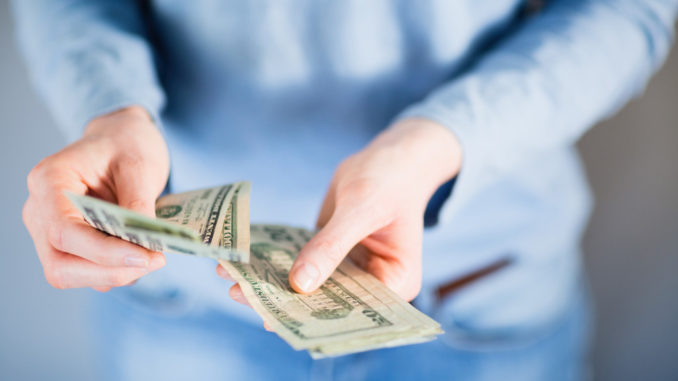
Living independently is the dream for many young ones. And as you grow older, your personal space becomes more important than ever. Having your own place means no curfews and unlimited sleepovers. Nobody will complain about how loud your music is and no one will nag you about the dishes on the sink. Basically, heaven in your 20s.
But as alluring as it may sound, living independently also has its downside. Independence and freedom are indeed two of the most coveted things a 20-something can think of. But most of the time, getting too excited about your freedom and independence can blind you into putting yourself in very uncomfortable situations.
Financial adulting is hard enough with all the student loans that have piled up. Adding monthly rent on top of that is nothing short of torture to both you and your wallet.
Fortunately, you are not alone. Aside from rent, here is a list of the four important expenses you have to consider before you move out and start living on your own:
UTILITIES
Once the first month of bills starts knocking on your door, you’ll realize how much your parents are spending on things you barely notice. There are four essential utilities that you must pay for every month. And according to a study conducted by Move.org, $308.7 dollars are spent on these four utilities on a monthly average.
The average monthly cost of electricity in the US is around $114 dollars. That’s more than enough to consider using LED lights and solar panels. Heat and cooking are also both expensive since the average Joe spends $63 dollars on natural gas monthly. Water bills are almost $71 on average per month and the internet that’s impossible to live without will cost you $60 a month.
$308.7 dollars not including your Netflix, Hulu, Spotify, and Prime subscriptions.
HEALTH
Health is wealth. And without a doubt, you should not be stingy when it comes to your safety. However, healthcare is not as cheap as you might think. And in order to avoid hospital bills, focusing on preventive measures is a must.
Hygiene is crucial. And when you live alone, hygiene can be a challenge. Discipline is the key. Invest in toiletries and use them regularly and well. 20 bucks a month is for basic toiletries would be enough for someone with shorter hair and no high-maintenance skincare routine.
Besides having healthy hair, teeth, and skin, wearing clean clothes is also important. And without your parents to do your laundry for you, you’d have to allot $150 on the minimum for your monthly laundry. That is based on the average of eight loads of laundry per week. Yes, it’s about time you stop wearing fur jackets.
Last but definitely not least, household maintenance. Living on a dump is dangerous especially in the time of a pandemic. Not only will it lead to pest control problems, but your place might also become a breeding ground for germs.
A one-time service for cleaning a one-bedroom apartment usually ranges from $80 to $100. The average cost of pest control is around $176. With this in mind, cleaning your home by yourself surely sounds more enticing now.
Pro-tip: For cheaper pest control alternatives, getting mosquito control traps and DIY fumigation devices instead of hiring exterminators would be more beneficial for you in the long run.

FOOD
It’s common knowledge that 10% of a typical American’s income is spent on food. A recent study states that the average American household spends $6,602 a year just for food. That’s roughly $550 a month. Now, living alone means you’d only have one mouth to feed, which is great. However, living alone also means it’s easier to succumb to the convenience of eating out and having food delivered. Add those to your monthly expenses on groceries and the possibility of having to come back to your parents’ house increases.
TRANSPORTATION
This one here can be easily solved by buying a bike and just cycling all over town. However, if that’s not how you want to roll, then you have to be prepared for the consequences. Transportation costs for people without cars might be cheaper at first glance. But if you calculate your daily public transit fare, you’d see how buying a bicycle is the cheaper thing to do. That doesn’t even include the occasional cab rides you’d get whenever you’re late, drunk, or both.
And if you own a car, then things might get trickier. Parking fees and gas alone could be convincing enough. But if you include auto insurance and car maintenance, then you’d probably spend more than you can manage.
With proper planning and discipline, anyone can survive living alone. But in order to have financial freedom, you really have to take your time and think things through. Living independently gives you freedom but nobody said it was for free.
